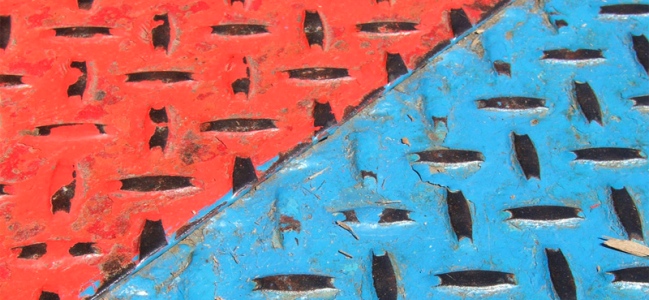Productivity: choose your friction.
Introduction
I see people making poor decisions every day. To be more precise, I see the results of the poor decisions people make every day.
It’s easy to make bad decisions. In fact, as human beings we’re fairly spectacular at rushing into them or, at the other end of the spectrum, agonising over them for so long that we become paralysed. This is because we haven’t chosen our friction.
What is ‘friction’?
My thinking about this was prompted by an excellent session at the Thinking Digital conference by Richard Titus. He reflected on the fact that friction isn’t necessarily a bad thing.
Friction can cause frustration, mental effort and spending an inordinate amount of time thinking around a problem. This is a bad thing if you’re talking about navigating the menu system on your TV, but a good thing if you’re a programmer hoping to achieve something that nobody has before.
That’s why we need to choose where we’re willing to accept friction.
Choose your friction
Choosing where you find your friction in life is fairly straightforward. It’s a decision based on how much the thing you’re considering matters to you in the long-term. It’s a question of weighing it on your life-scales, so to speak.
Let’s say you’re planning a trip to Italy. There’s two ends to the continuum: plan everything yourself, or let someone else do it for you. Obviously doing the planning yourself is going to result in a lot more friction: it’s going to cost you time and effort getting everything how you want it. But let’s say it’s your honeymoon, possibly the most important holiday you’ll ever go on. It therefore weighs heavily on the life-scales and will massively affect your decision one way or the other.
Or, in an example closer to home, you’re deciding which phone to buy. There’s a plethora of options but there’s still a continuum from extremely easy-to-use up to bleeding-edge features requiring some hacking. If you’re a developer or someone interested in the future of technology, the latter might be where you’re willing to find your friction. My mother, on the other hand, would opt for as close to the beginning of the continuum as possible.
Conclusion
We all need friction in life. We need it because it adds value and meaning to our lives. Overcoming difficulty is one of the best stories we can tell ourselves and others. But you need to ask yourself whether you’re experiencing friction in the right places.
- Would it be better to spend a little more money so as not to be frustrated by poor design?
- How about cutting down on the number of possessions you have so there’s fewer to maintain?
- Who else is in your ‘friction field’? Seek them out.
Image CC BY-NC-SA Joseph Robertson

